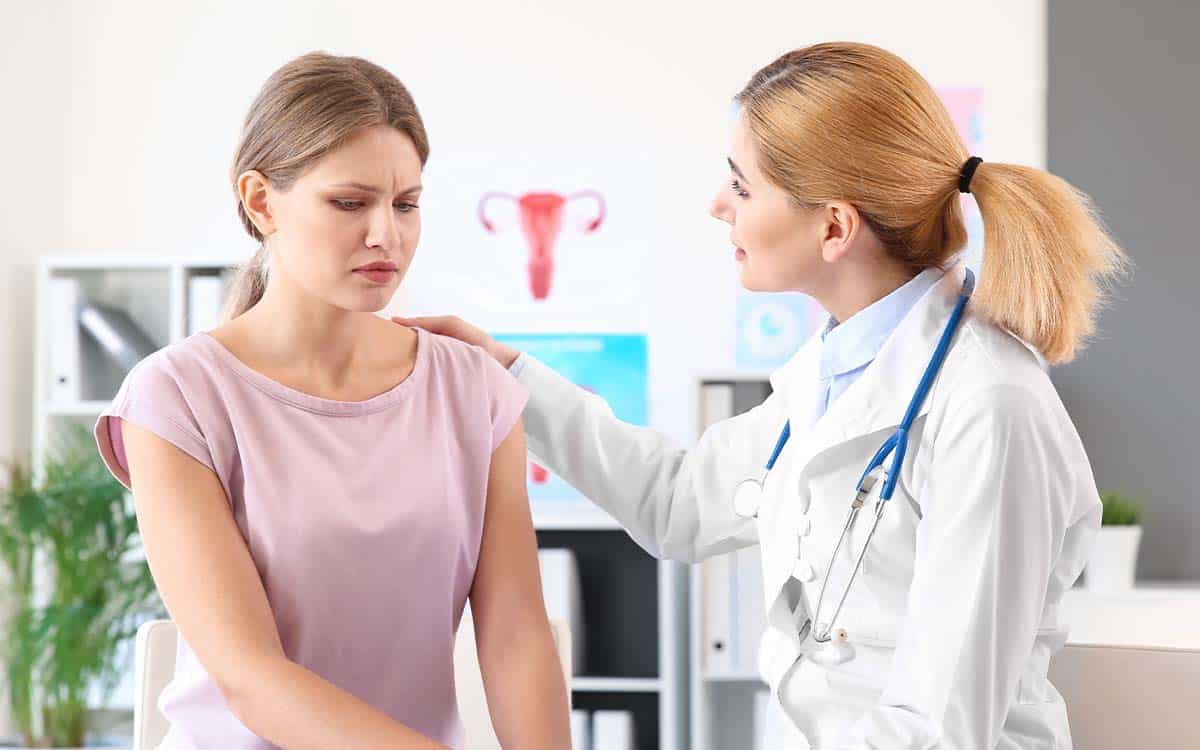If you’ve been on the internet recently, you’ve probably seen a video talking about PCOS. There are many female creators who are speaking out about their experiences with PCOS. Creators, including Rachael and Tom Sullivan, the authors of Meals She Eats, have even developed recipes specifically aimed at supporting women with PCOS. But what is PCOS and how can nutrition support the condition and improve fertility?
Here are the 5 things you should know about PCOS:
1. PCOS stands for Poly-Cystic Ovarian Syndrome. PCOS is a common medical condition affecting women of childbearing age, in which a woman fails to produce enough hormones necessary for ovulation. This leads to the development of cysts which release androgens, or male sex hormones. These androgens are normally produced during the menstrual cycle, but in much smaller quantities than what is seen in individuals with PCOS. As a result, high levels of androgen in a woman’s system can be indicative of infertility.
2. There are many symptoms of PCOS. The symptoms of PCOS are vast and vary from patient to patient. Common symptoms associated with PCOS include missing, irregular, or light periods, large ovaries or ovaries with many cysts, excess body hair on the chest, stomach, and back, weight gain, acne, balding or thinning hair, infertility, skin tags, and dark or thick skin patches on the neck, armpits, or breasts.
3. The cause of PCOS is unclear. While the exact cause of PCOS is a mystery, there are patterns among patients with PCOS. These women will often have insulin resistance, which may cause higher androgen levels. There are also theories that PCOS is linked to obesity or family genetics.
4. PCOS is diagnosed through ultrasounds and blood tests. If your doctor believes you may be having symptoms related to PCOS, they may run an ultrasound or a blood test in combination with a physical and a pelvic exam. These exams will allow the doctor to check the health of your reproductive organs, observe the size of your ovaries and note any cysts, and look for high levels of androgens and other hormones.
5. It is possible to live a full life with PCOS. While PCOS cannot be cured, there are several treatment options to ensure PCOS does not severely impact a person’s quality of life and can even help patients looking to become pregnant. As mentioned earlier, dieting is a huge method through which the symptoms of PCOS may be improved as it can allow your body to use insulin more efficiently, lower blood glucose and encourage ovulation. There are also medications which can improve ovulation, though these may also lead to ovarian hyperstimulation, causing abdominal bloating, pelvic pain, and the chance for multiple births (twins, triplets, etc. ). There are other treatment options aimed at alleviating the symptoms of PCOS, like treating acne, hair loss, or excessive body hair.
After receiving a PCOS diagnosis, you should talk with your doctor about your concerns and develop a plan to treat the symptoms that most affect you.
References
- Johns Hopkins Medicine, “Polycystic Ovary Syndrome (PCOS).”
